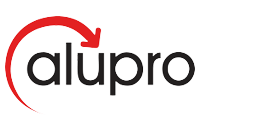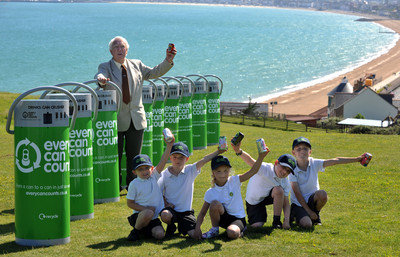Every Can Counts in Weymouth & Portland this summer

Out-of-home drinks can recycling programme Every Can Counts has partnered with Weymouth and Portland Borough Council to promote on-street recycling to local residents and visitors.
Twenty Every Can Counts-branded can crushers have been installed across the borough in high footfall locations in and around the town centre and tourist sites . The can crushers are designed to make recycling easy, accessible and convenient, and complement recycling ‘twin bins’ for plastic bottles, cans and paper that have also recently been installed in the area. Of the twenty can crushers that will be installed, ten have been provided by the UK Can Makers, a funding partner of Every Can Counts.
With the population of Weymouth set to almost double as a result of visiting tourists, day trippers and spectators this summer, the council is using the Every Can Counts programme to help rise to the occasion and effectively meet the increased recycling needs.The can crushers will be supported by a promotions campaign to raise awareness amongst the local community and visitors.
After the summer, ten can crushers will remain in the area to help ensure Weymouth’s recycling efforts are maintained in the longer term. The other ten will be redeployed to support different projects promoting out of home recycling through the Every Can Counts programme.
Weymouth and Portland Borough Council is currently working towards a recycling rate of 60% in line with Dorset’s Waste Strategy. The Every Can Counts programme complements this and supports the council’s goal of increasing overall awareness of recycling as a way of life in Dorset.
Rick Hindley of Every Can Counts commented: “A very exciting summer lies ahead for Weymouth and we’re honoured to be working with the council to help the environmental message get seen, heard and acted upon. Meeting the recycling needs of the estimated 50,000 people set to visit the borough this summer is no small feat. It’s encouraging to see Weymouth and Portland Borough Council lead the way in keeping recycling front of mind for both visitors and local residents.”
The partnership builds upon previous successful Every Can Counts programmes running in nearby Bournemouth and Poole beaches, which inspired Weymouth and Portland to get involved. The investment in Weymouth and Portland almost doubles the number of Every Can Counts can crushers currently available in public places across the UK.
Councillor Ian Roebuck, Brief Holder for Environment and Sustainability at Weymouth & Portland Borough Council, said: “The Every Can Counts initiative is a great way to help more people recycle drinks cans. The fantastic can crushers located across Weymouth mean residents and visitors can recycle their cans whilst they are out and about easily and conveniently. I am sure that these can crushers will mean we will get more people involved in recycling.”
In addition to Weymouth and Portland Borough Council, Every Can Counts collection points can be found at over 1,900 sites including beaches, shopping centres, music festivals and outdoor events. The programme is funded by a partnership comprising UK and European drinks can manufacturers, the aluminium and steel packaging and recycling industries, and energy drinks brand Red Bull.


